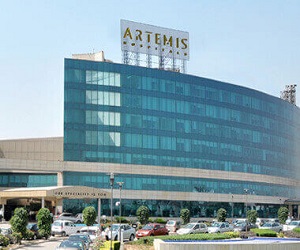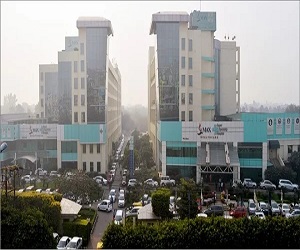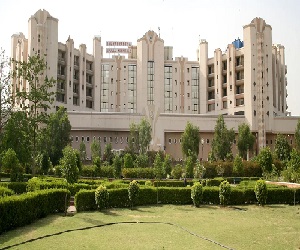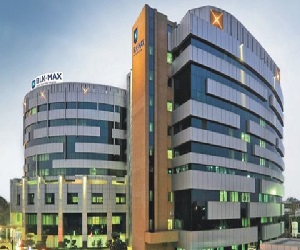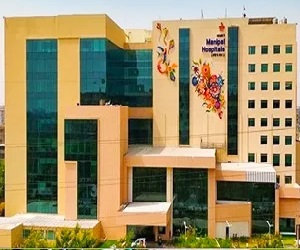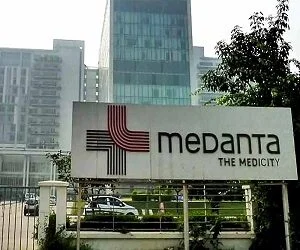Pediatric heart surgery is a procedure done to fix heart problems that babies are born with. Doctors usually find these problems using tests like Chest X-rays, Electrocardiograms (ECG or EKG), or MRIs of the heart. They can also spot them by watching for signs like trouble breathing, blueness in the tongue or gums, fainting, or a fast heartbeat in the child. Blood and urine tests can also help confirm what the doctors suspect.
Pediatric Heart Surgery is often needed to fix conditions like ventricular septal defect (VSD), atrial septal defect, atrioventricular septal defect, aortic coarctation, and total anomalous pulmonary venous return. These are some of the common heart problems babies are born with. Luckily, pediatric heart surgery is successful in about 97% of cases. In the past, the success rate for babies was much lower, but in the last twenty years, it has improved a lot.
During pediatric heart surgery, the child is given general anesthesia, and a cut is made through the breastbone (sternum). Tubes are inserted to redirect the blood flow using a special pump called a heart-lung bypass machine. This machine takes over the heart’s job, pumping blood throughout the body and oxygenating it while the surgeon fixes the heart defect. Nowadays, the surgery usually takes 4-8 hours. Recovery times vary depending on the complexity of the surgery, with smaller procedures taking about 4-6 weeks to recover and larger or more complicated surgeries taking around 8 weeks.
After Surgery
After undergoing open-heart surgery, most babies need to spend up to 4 days in the hospital’s intensive care unit (ICU). Children typically stay in the regular hospital unit for about a week or longer after being discharged from the ICU. During this time, their overall health and survival are closely monitored. The length of their hospital stay can vary from 4 to 15 days, depending on various factors.
Upon discharge from the hospital, caregivers provide essential guidelines for the baby’s post-procedure care to ensure their well-being. It’s typically advised not to lift the child’s arms for at least 4 weeks. The incision area should be kept clean and dry at all times, and bathing should be done without submerging the incision area in water, preferably using sponging. Specific instructions tailored to the type of surgery performed are also provided. Healthcare providers demonstrate the proper way to hold the baby to prevent complications. Following these guidelines is crucial for the baby’s recovery and overall health.
Pediatric Heart Surgery cost in India are as follow
| Treatment | Cost in USD | Hospital Stay |
| Pediatric Heart Surgery | 2500-3000 | 5-7 Days |
| ASD/VSD Closure Surgery | 7500-9500 | 3-5 Days |
| Cardiac Tumors in Children | 9500-11500 | 7-10 Days |
| PTCA Percutaneous Transluminal Angioplasty | 2000-2500 | 1-2 Days |
| PTCA Percutaneous Transluminal Angioplasty | 2500-3000 | 1-2 Days |
Frequently Asked Questions
Q: What Preparations Are Needed Before Pediatric Heart Surgery in India?:
A: Before pediatric heart surgery in India, preparations may include preoperative evaluations, diagnostic tests, and consultations with healthcare providers to assess the child’s overall health and specific cardiac condition. Additionally, arrangements for surgery scheduling, hospital admission, and postoperative care will be made.
Q: How Long Will Patients Stay in the Hospital After Pediatric Heart Surgery in India?
A: The length of hospital stay after pediatric heart surgery in India can vary depending on factors such as the type of surgery performed, the child’s condition, and the speed of recovery. In general, hospital stays can range from a few days to a couple of weeks or longer for more complex procedures.
Q: Will patients have a breathing tube during Pediatric Heart Surgery?
A: Yes, it’s common for patients undergoing pediatric heart surgery to have a breathing tube inserted to help maintain proper oxygenation and ventilation during the procedure. This tube is typically inserted after the patient is under anesthesia and is removed before they wake up after surgery.
Q: How do I choose a hospital and surgeon for Pediatric Heart Surgery in India?
A: Kindly share your report

